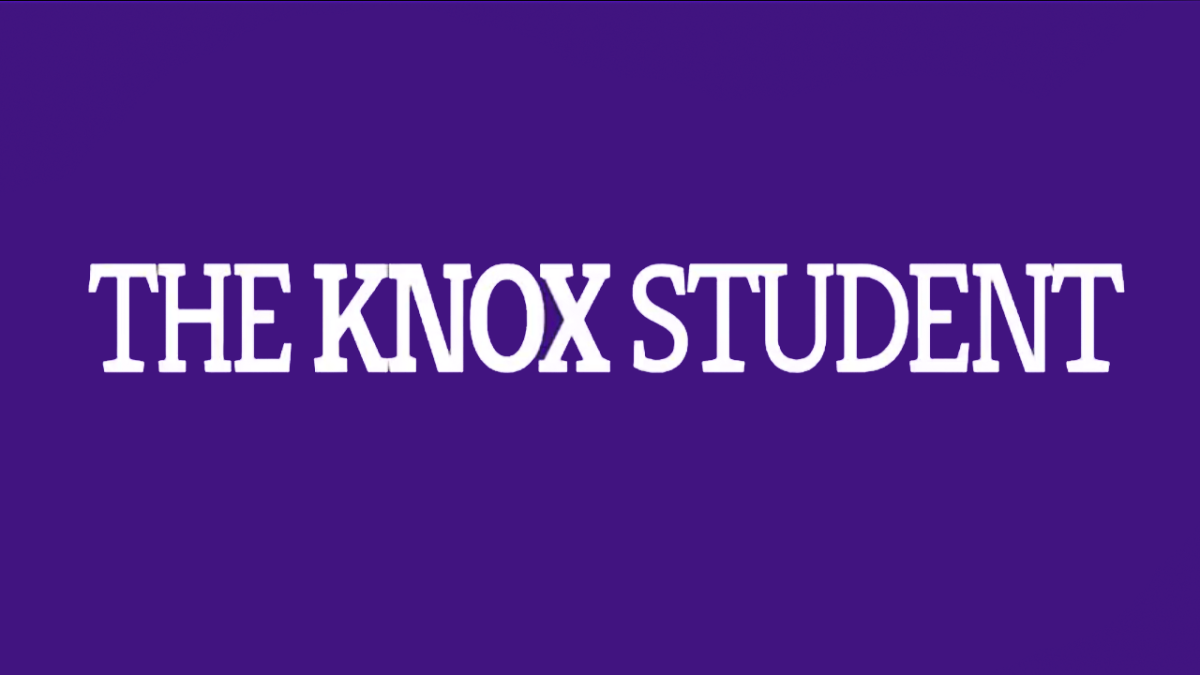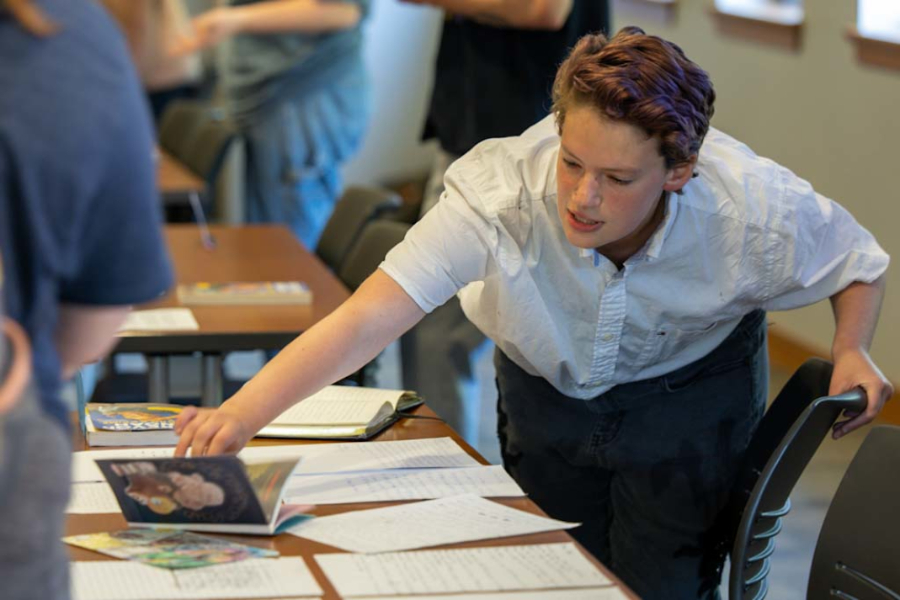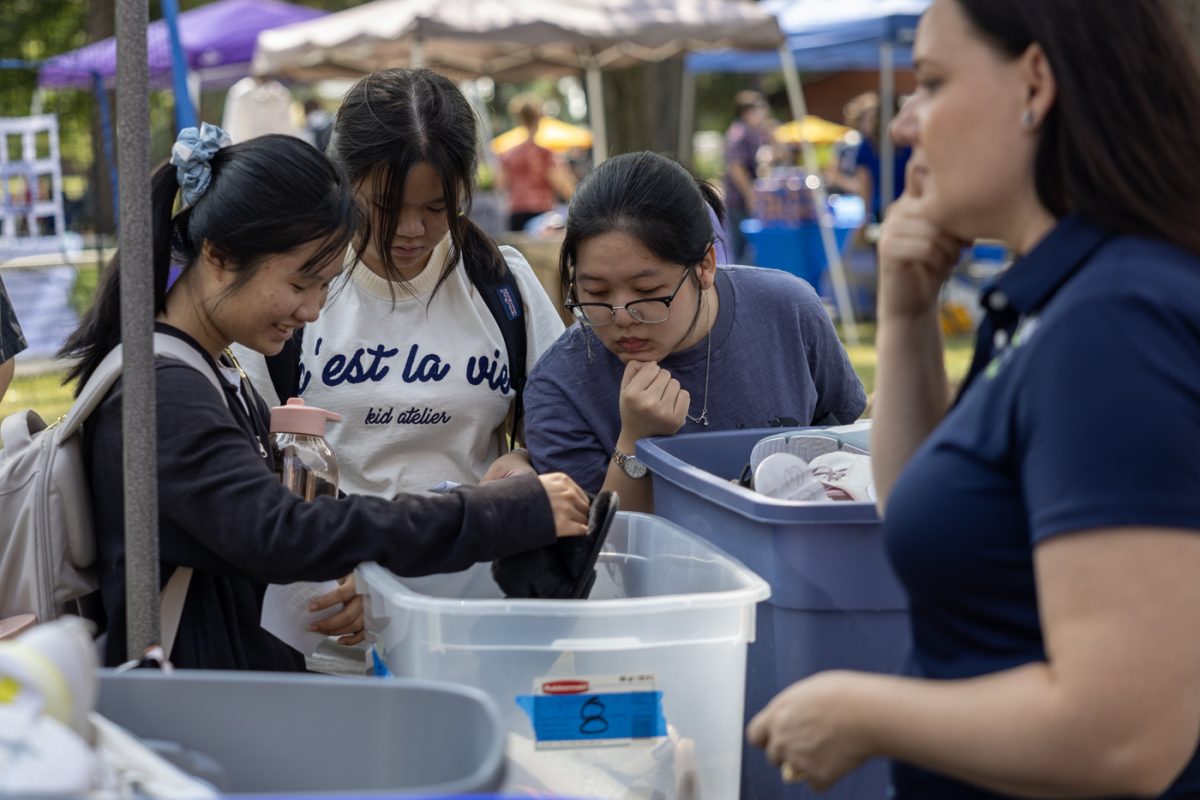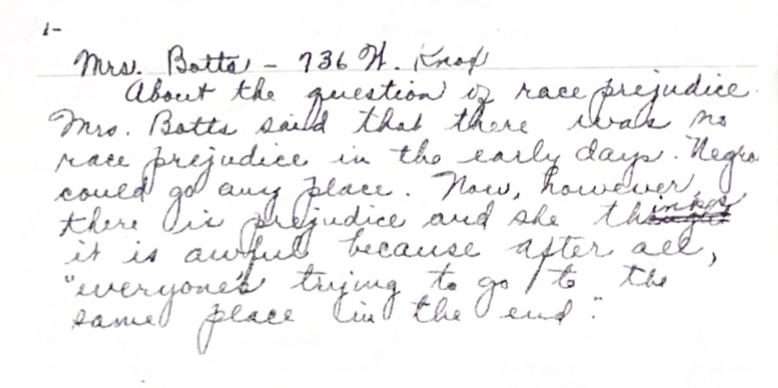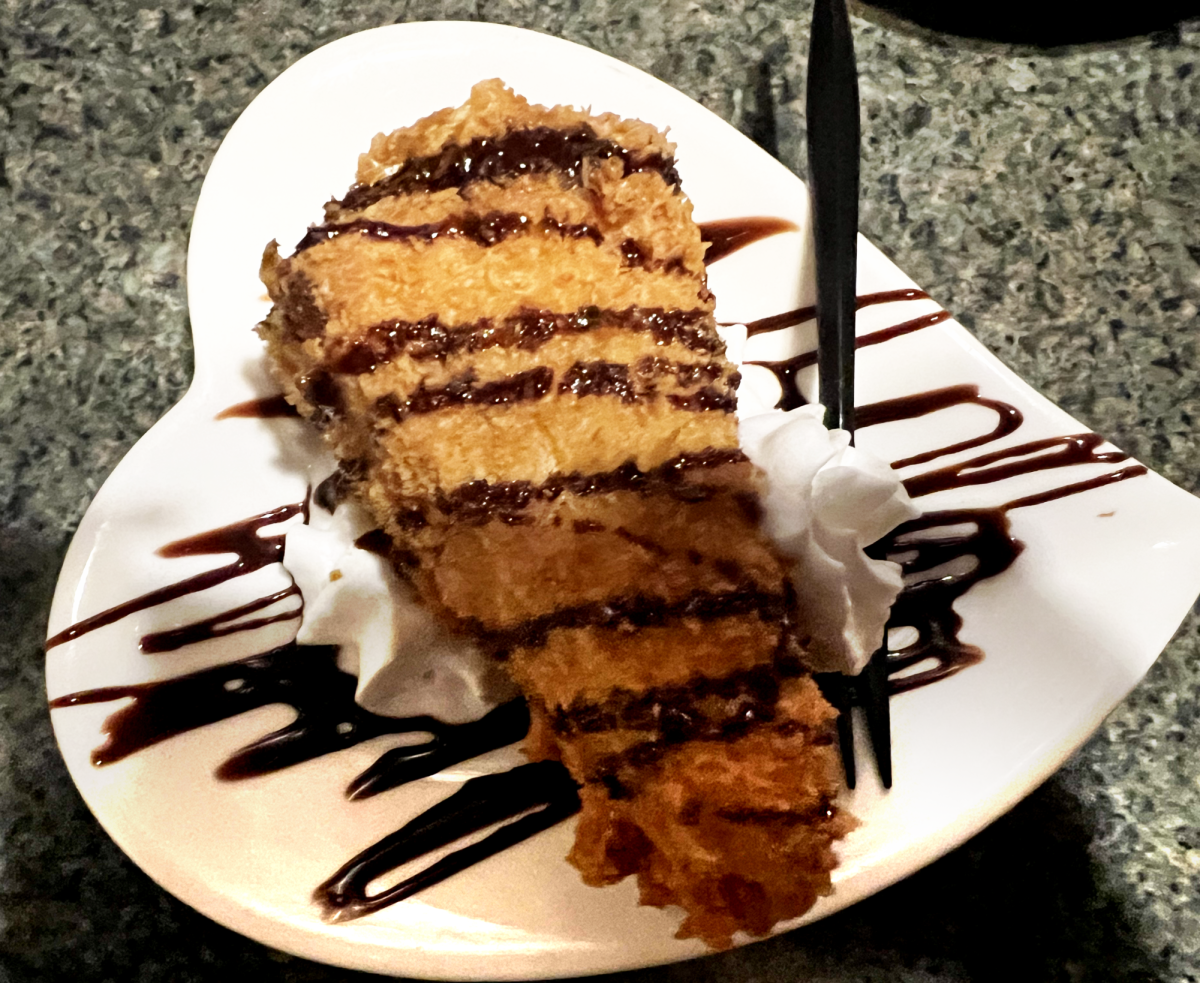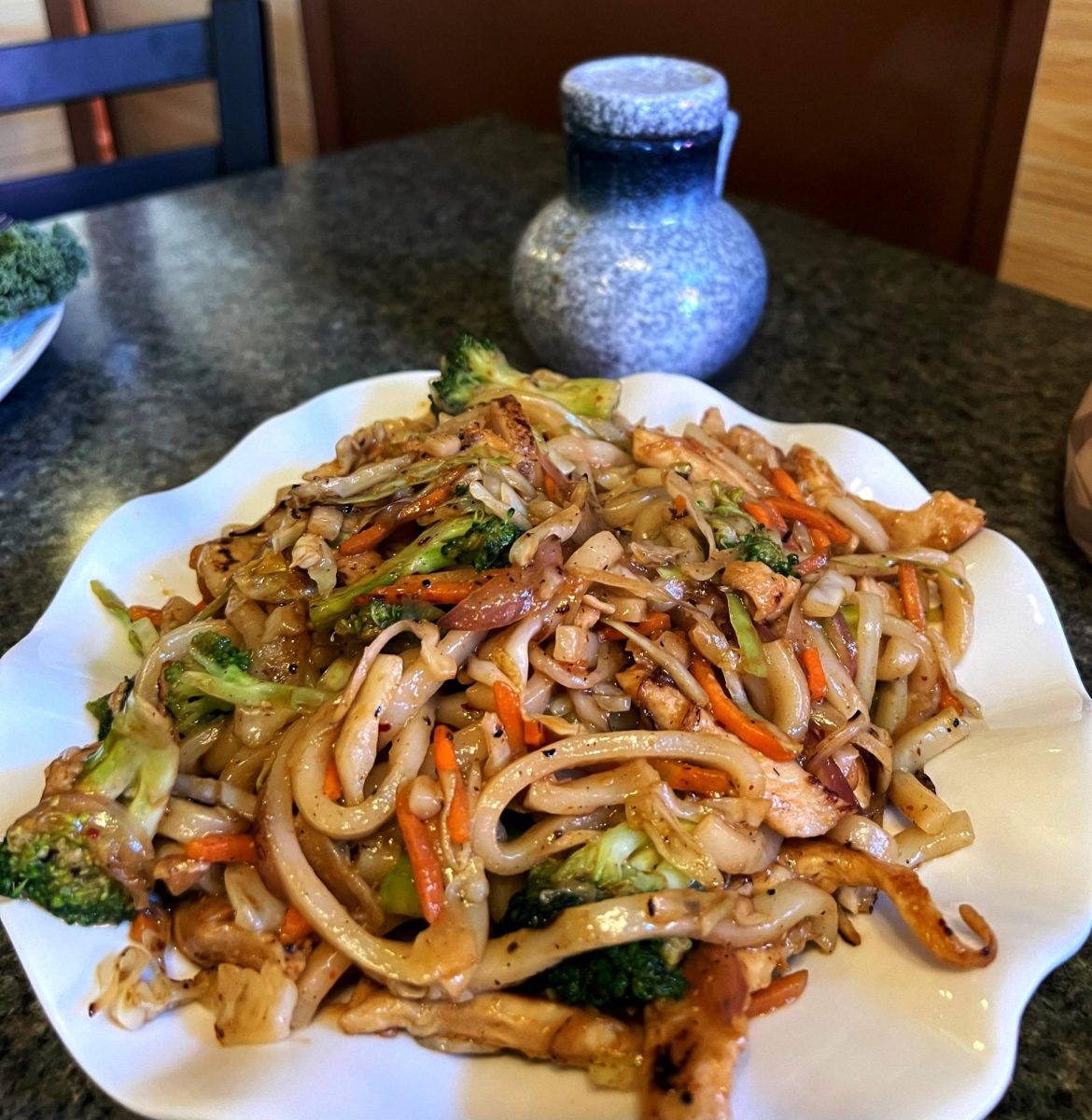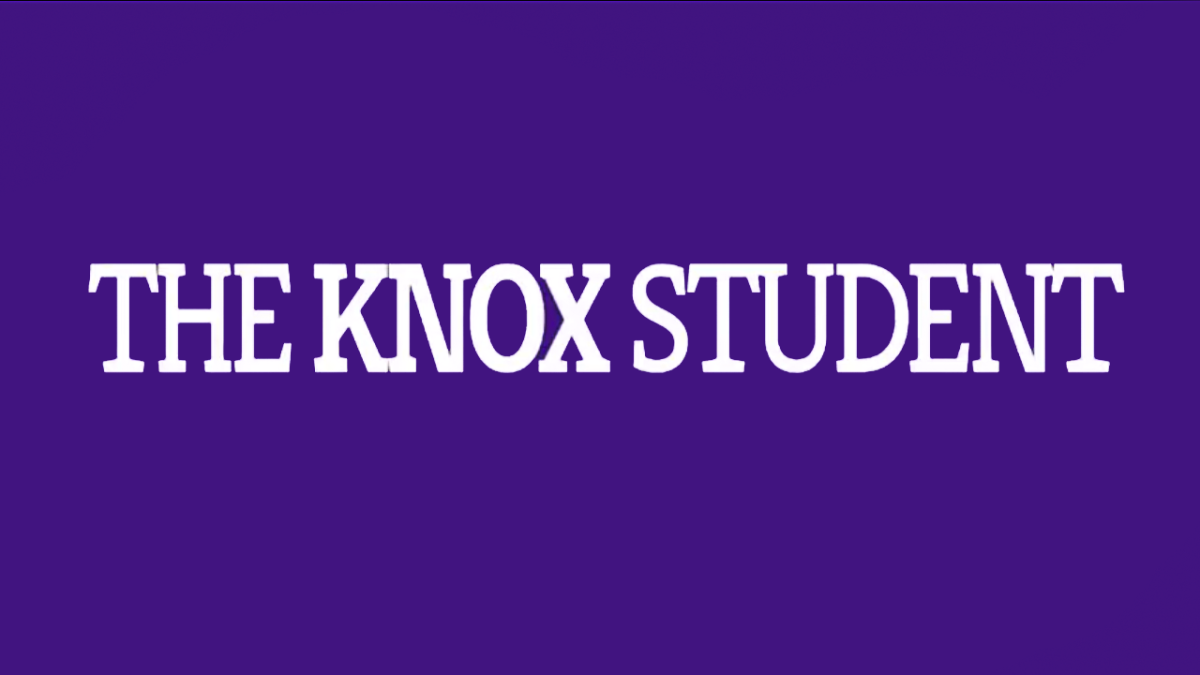We’re at the end of what has been a difficult Fall Term, so we wanted to take this time to reflect on the issues we’ve been facing as a newspaper. Our hope is to provide clarity on how we are responding to the challenges we have encountered — but also to make clear our wish to keep hearing feedback from our readers. Your thoughts are our best form of guidance on how we can improve as a newspaper.
Recently, we published an apology from the author of the “Goodbye, Evolution” column. The author wanted their apology out there in their own words, and we felt it was in the public interest to share it. But we wish to re-emphasize that we realize as Co-Editors-in-Chief we are the ones primarily responsible for the original column’s publication. As the heads of the paper, we are the ones accountable for making amends for our previous editorial failure.
Therefore, we’d like to expand on our response to the incident. We see our biggest need as making sure we don’t repeat a mistake like this. As discussed in our previous notebook, we believe the issues that led to the column’s publications were 1) Not reviewing our editorial policies and assuring those involved in assessing columns knew of their right to question if a submission was worthy of publication, and 2) Us as Co-Editors-in-Chief not taking sufficient responsibility to closely inspect all writing published by our paper.
We have had, and are continuing to have, discussions with the staff involved in reviewing columns about our editorial policy — with particular emphasis on the portion that states “…columns including libel, harassment or hate speech will not be published. Columns are expected to be well articulated and well researched. Claims should be substantiated and the column should explore beyond the writer’s life to a clear reasoning for why it was written and should be published for public consumption.”
Our intent is to make sure everyone involved on our staff understands our right to editorial discretion through these ongoing discussions. We will all be proceeding with extreme caution going forward when we are contemplating what we should publish, with us as Editors-in-Chief placing greater emphasis on our review of columns before publication.
Part of this discussion is recognizing the lack of diverse perspective with our newsroom, which contributed to this error and could lead to editorial failings in the future. So we plan on scheduling Diversity Training for our entire staff at the beginning of Winter Term — one that we intend will go beyond the scope of typical diversity training to specifically address the issue in the context of journalism.
Frankly, we recognize this is not enough. It’s easy to apologize, say we’ve reviewed our policies and plan to keep bringing these issues up with our staff — but that doesn’t show much change to anyone. These issues are difficult to discuss and address adequately — so while we keep considering how we can improve in this area, this is a topic where we likely continue to need input from outside of our organization on what would represent constructive steps forward in the community’s eyes.
Less publicly discussed but still high on our priorities is addressing our struggle to cover campus as broadly as we would in a normal term. We moved from weekly publications to being online only this term — a necessary change, but one that also made deadlines seem less crucial and easier to let slip. The distanced nature of this term also means we as a staff have been less connected, less able to add regular volunteer writers, and overall people have had less energy to contribute to the paper.
We also attempted to follow a schedule of publishing articles every weekday, with different days assigned to our various sections. This led to confusion in how we operated internally, as it’s harder for everyone involved to keep track of things with all these different publishing deadlines. This led to inconsistency with how regularly each section would update.
We are moving back next term to having all our sections publish one day a week on Thursdays. This is the type of schedule we would have when publishing a physical paper, and while we still won’t be back to that for a while, we believed it was the best way to have less confusion during our editing process. We hope our adjustments next term will get us on a better track of covering everything we want to cover, and make it clearer to interested readers when to check our website for new content.
Some of our mistakes this term came out of our inexperience, while other problems like a campus altered by COVID-19 we couldn’t have been fully prepared for. So while this wasn’t the smoothest term for us, we recognize these rough experiences with managing a publication are an inevitable part of the learning process as we try to become better journalists and editors. We hope people will continue to help us in that learning process by asking for real accountability from us.

